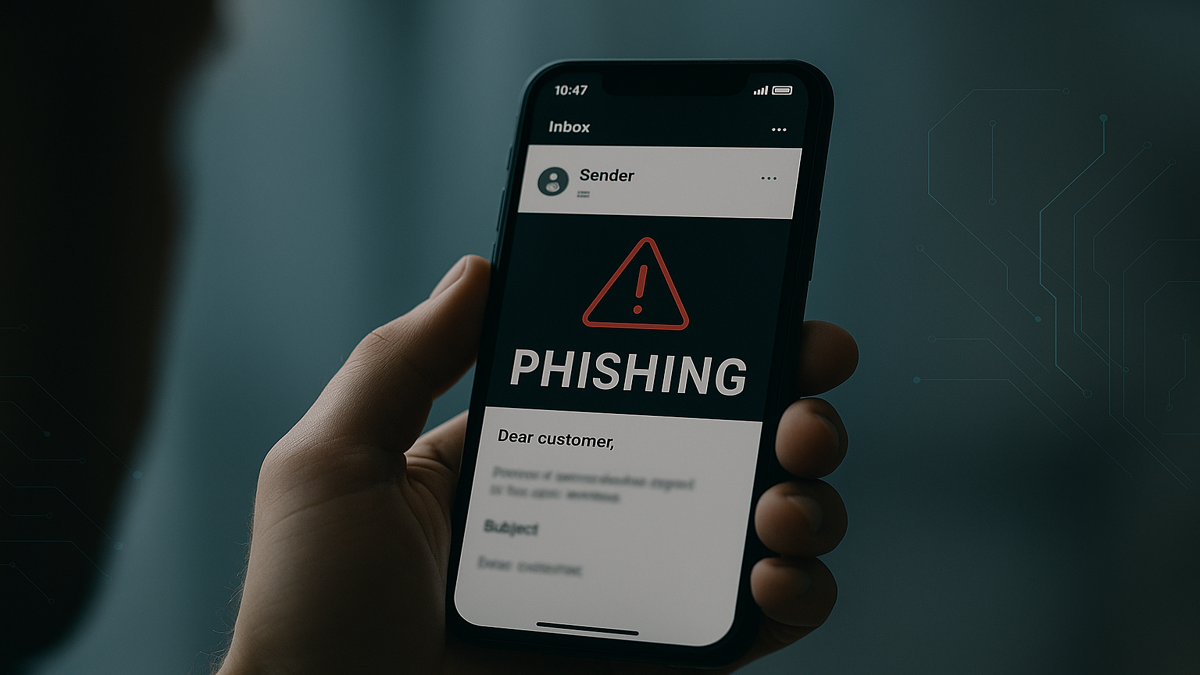In an era where cybersecurity threats are evolving, social engineering tactics have emerged as one of the most significant concerns for both individuals and organizations. According to a report by Avast, social engineering threats accounted for the majority of cyberthreats faced by individuals in 2024, indicating a shift toward more manipulative forms of attack that bypass traditional security measures. Unlike malware attacks, these threats rely on psychological manipulation, making them particularly insidious.
Security expert Troy Hunt, the creator of Have I Been Pwned, recently revealed that he fell victim to a well-crafted phishing email, leading to unauthorized access to his Mailchimp account, which allowed an attacker to steal a list of email addresses from his newsletter subscribers. This incident illustrates how even skilled professionals can be deceived by the alarming sophistication of social engineering techniques. The attackers employed well-known strategies, including creating a sense of urgency and impersonating authority figures, which are common tactics in social engineering schemes.
One prominent trend is the use of ‘scam-yourself’ tactics, where attackers encourage victims to inadvertently compromise their own security. These methods may include prompting individuals to share passcodes or disable security measures under the guise of routine tasks. As Josh Taylor, Lead Cybersecurity Analyst at Fortra, notes, the familiarity of these deceptions makes them particularly dangerous as individuals lower their guard, placing trust in seemingly legitimate prompts.
Additionally, social engineering attacks are not confined to the digital realm; physical methods such as tailgating and impersonating delivery personnel are employed to breach secure environments. Experts like Kevin Mitnick emphasize that many intrusions rely on casual interactions and psychological cues, further complicating efforts to prevent security breaches. With the rise of AI technologies, including deepfake phishing attacks, there is increasing concern about the potential for enhanced social engineering threats, exemplified by a recent case where deepfake technology led to the theft of over $25 million from a major corporate entity.
To counter these tactics, experts recommend strategies such as verifying identities before sharing sensitive information, educating employees about social engineering risks, and implementing multi-factor authentication (MFA) for added security. By fostering a culture of awareness and vigilance, organizations can mitigate the risks posed by these increasingly sophisticated social engineering threats.

